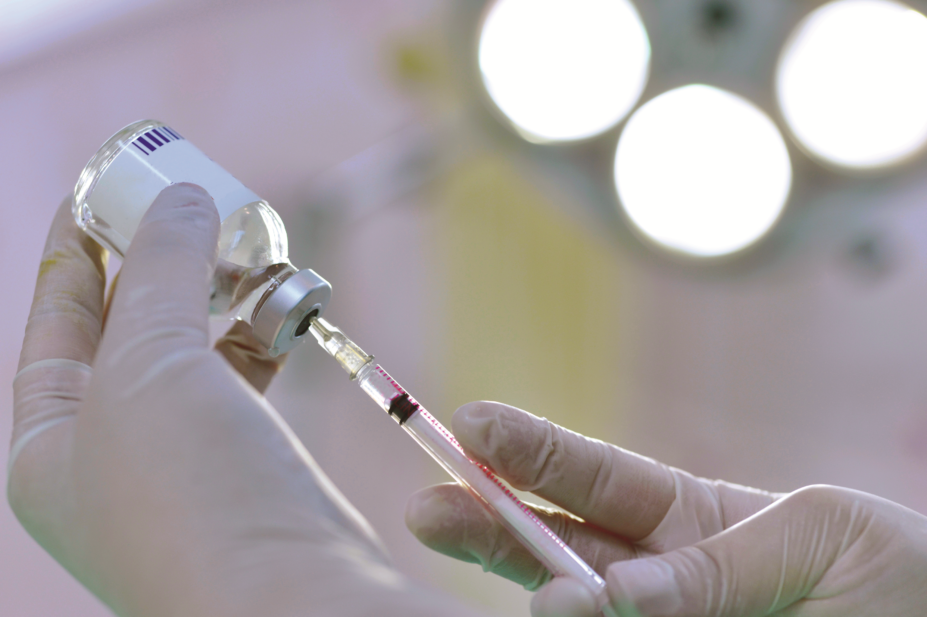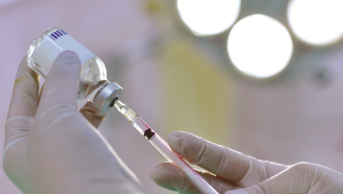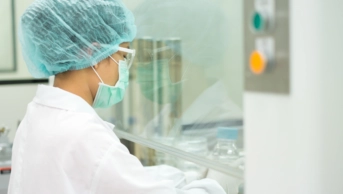
Shutterstock.com
The NHS is facing “considerable challenges” in supplying enough aseptically prepared injectable medicines, and chief pharmacists are responsible for ensuring adequate contingency plans are put in place, according to a briefing document from the NHS England’s Specialist Pharmacy Service (SPS).
Published in September 2018, the document explains that the Medicines and Healthcare products Regulatory Agency (MHRA) has taken regulatory actions against some commercial aseptic compounders and limited their aseptic compounding activity.
This, in addition to ongoing maintenance issues, has resulted in aseptic suppliers experiencing restrictions on their capacity to accept new business and has extended lead times for some of their existing customers.
Consequently, the SPS said that it was “essential” that pharmacy teams, under the leadership of chief pharmacists, should consider how best to manage the continued challenge to services for the supply of these medicines.
“There is a finite amount of aseptic capacity nationally,” the document notes.
“Chief pharmacists are responsible for ensuring that adequate contingency planning is in place to ensure patient safety and continuity of care in the event that any major supplier’s service is suspended or severely curtailed for any reason.”
The SPS suggests some immediate actions, such as prioritising local aseptic pharmacy capacity for short shelf-life items, minimising the use of bespoke products, and ensuring continuing engagement and effective communication between medical, pharmacy and nursing teams to ensure that the wider healthcare team is aware that the aseptic compounding capacity available to the NHS is a finite resource.
The document also noted that priorities for use of aseptic compounding within the NHS, whether outsourced or local, need to be focused on continuity of care and patient safety, but should also consider the wider needs of the NHS. Reliance on patient-specific products should be minimised as this may carry a disproportionate cost and contribute to reduced efficiency — ready-to-administer products should be used wherever possible.
According to the SPS, an NHS Improvement review of aseptic services, published on 28 March 2018, is being progressed through NHS England’s Medicines Value Programme Board and strategic actions are expected in autumn 2018.
A spokesperson for the MHRA said: “Following recent inspections of manufacturers of medicinal products that carry out aseptic compounding activity, we identified non-compliance with good manufacturing practice.
“We are considering what regulatory action may be necessary whilst ensuring essential supplies continue to remain available for UK patients, liaising with the Department for Health and Social Care in the process. This includes restricting manufacturing capacity to a level where compliance with good manufacturing practice can be better achieved. In the interim, the manufacturers have voluntarily reduced their manufacturing output in order to address the issues identified.”


